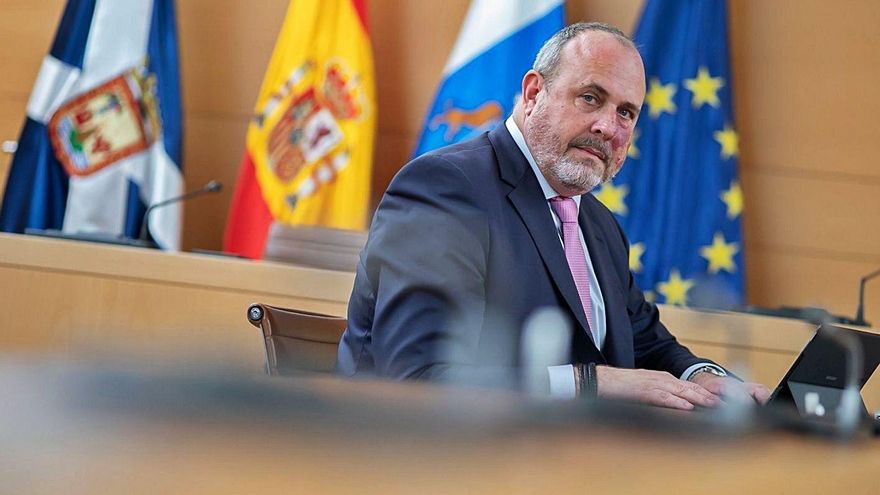
The insular councilor of Mobility and president of Titsa, Enrique Arriaga, explains that the objective is “to gradually integrate all the island’s municipalities into the island network, always taking into account the needs that each one of them poses to us. In addition, we hold regular meetings with those responsible for municipal mobility to find out weaknesses in the transport network and improve the service provided from Titsa ”.
The insular director of Mobility, José Alberto León, adds that «Integration into the island network leads to better connectivity and significant economic savings for users of public transport, since they will have discounts when transferring between urban and interurban lines and will be able to make use of the different payment methods “, such as the purse card or the different monthly passes.
Arriaga explains that “the Cabildo is also working to gradually start up public transport on demand in all the island’s municipalities through Tuwawa, a project that expands the transport network and makes it more accessible. This initiative, which was experimentally implemented in the southern towns of Fasnia and Arico, has shown to improve connectivity in the mid-range areas and we hope that it will become a reality on the island in the near future. ”
A model of success
The Shared taxi service in Los Realejos moved more than 20,000 passengers in 2019, a figure similar to that of 2018. In 2020, due to the pandemic, use was reduced, but the success of the model has been clear since its implementation in 2011 to facilitate access to and from mid-range areas of the municipality.
The shared taxi serves an average of 80 passengers per day. Its lines operate from Monday to Friday from 7:00 a.m. to 8:00 p.m., with a total of six vehicles divided between morning and afternoon schedules. They provide services in the areas of Icod el Alto, Palo Blanco, Las Llanadas and La Ferruja.
More than 20,000 users
The global number of users registered in 2019 was 20,037 passengers, 37.76% more than in 2013, which makes clear «the process of evolution, implementation and effectiveness of this mobility tool in which the City Council of Los Realejos invests about 55,500 euros per year of its own resources, to which is added a contribution from the Cabildo de Tenerife ».
The results of the service in 2019 maintained the global level of users which was registered in 2018, when the number of passengers increased by around 1.4% compared to 2017, 46.4% more than in 2012, the first in which the full annuity was provided. After the 2020 stoppage, the new figures point to the consolidation of a mobility tool that Tacoronte or La Orotava have been trying to implement for several years to improve the public transport system within the towns.
















